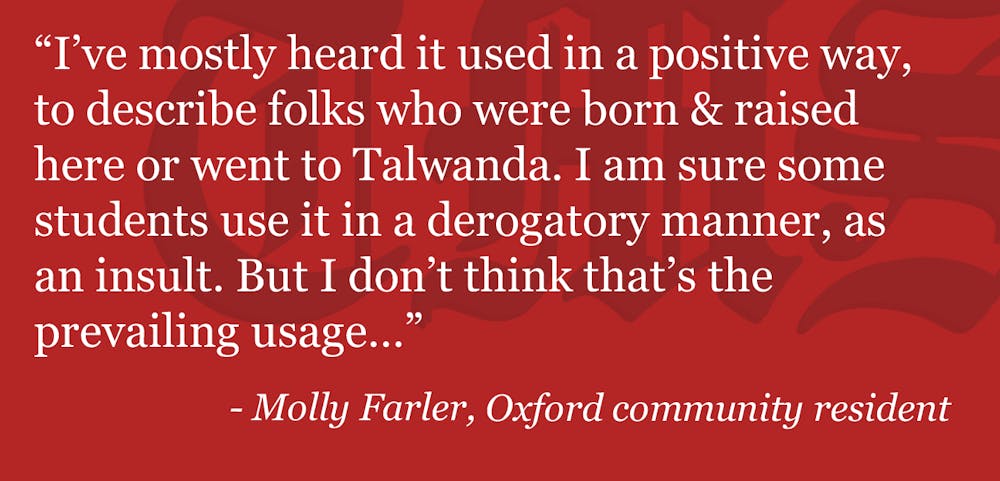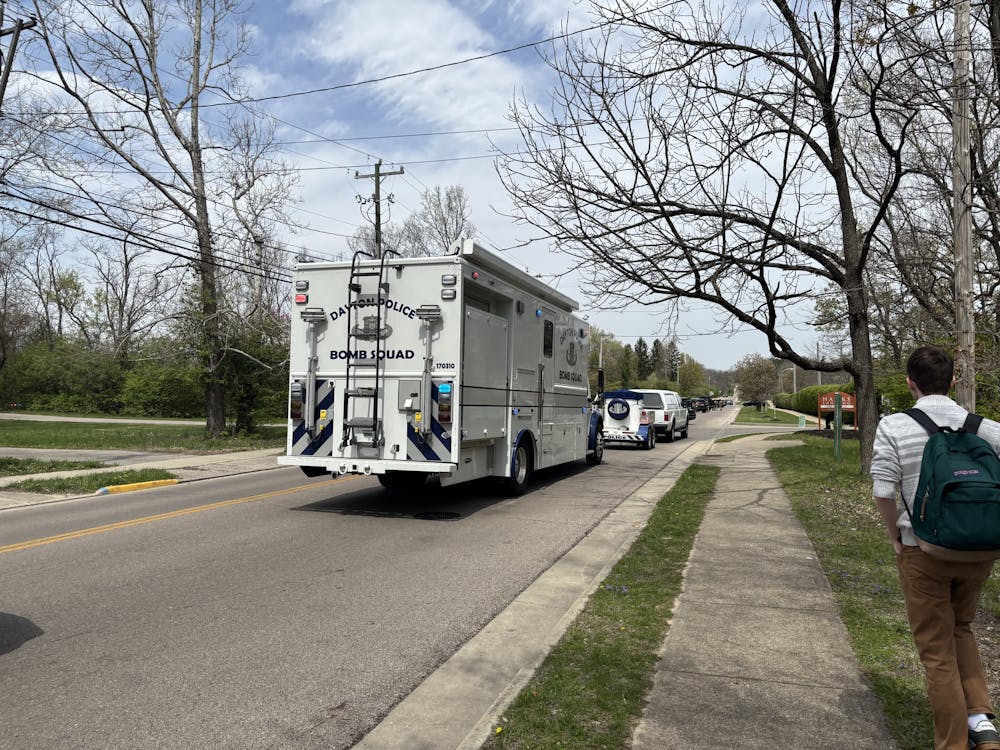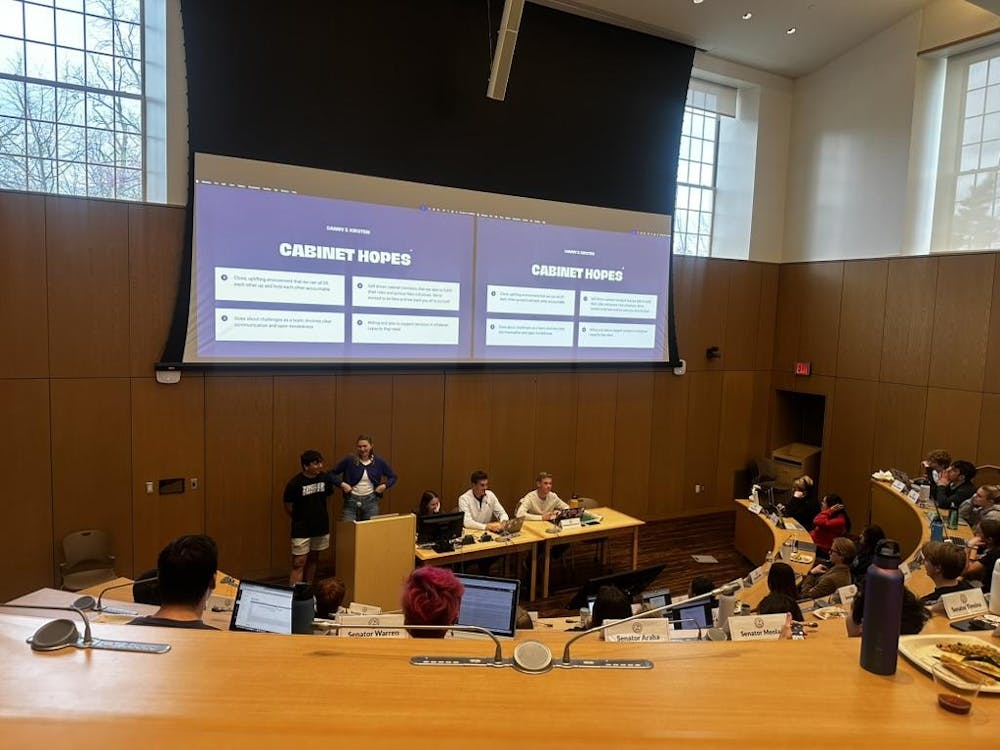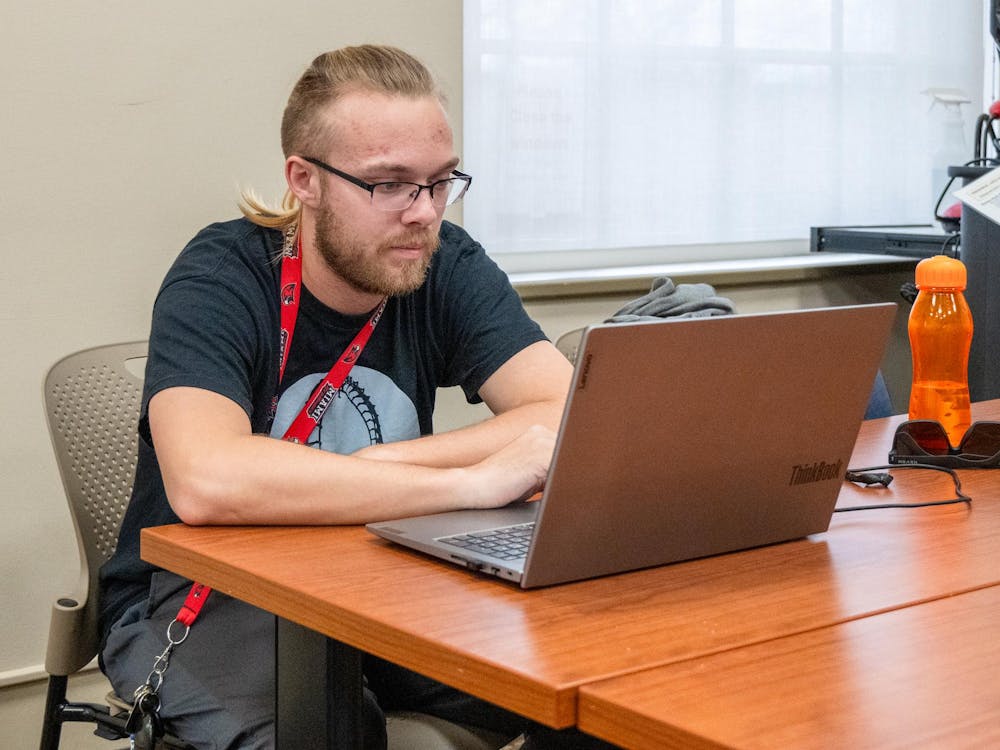Former Oxford resident Matt Johnson said he was having a mundane day looking for housing in Mount Pleasant, Mich. for his new assistant professor job at Central Michigan University (CMU). That is, until his real estate agent told him he would fit right in with the rest of the townies.
“I heard the term when a real estate agent said it [in Mount Pleasant] to describe locals, and I gasped,” Johnson said. “When I lived in Oxford, I didn’t go two days without hearing it as a pejorative word. [It was] not used affectionately.”
From his time in Oxford, Johnson said he remembers some students using the term to seemingly label locals as “uneducated or unsophisticated.” In Mount Pleasant, however, he said locals used the term more positively there.
“I think there’s a different tone and flavor on the word here,” Johnson said. “There doesn't seem to have that reaction [that Oxford has]. People introduce themselves as a townie – we take a lot of pride in the word.”
Johnson said he believes that the culture of Miami University students and their socioeconomic status played a part in the word townie being used negatively and why it is used so positively at Mount Pleasant.
“I think the bigger the gap of institutional selectivity of students between the school and the local community, the more likely that term carries a negative charge,” Johnson said. “The contrast of being on campus and a mile away seem so stark at Miami, there are certainly different demographics.”
Johnson said the situation inspired him to reach out via Twitter to see if others felt the same way. Johnson’s Twitter poll asked users whether they felt the term townie was derogatory. Three options were given. “Yes”, “No” and “just show me the results.” Yes won with 36.4% of the vote. while “no” was a close second with 35.5%. 231 total votes were recorded as of April 16.
The Miami Student posed a similar question in the Oxford talk (OHIO) Facebook group, which as of April 16, received 90 responses and more than 230 comments in a little under two days.
Reactions were mixed.
Some Oxford residents, like Tim Pegg, felt that students use the word in a negative sense.
“I think many students use it in a derogatory sense [targeting] ‘the provincial, backward locals,’” Pegg wrote. “It’s a viewpoint I’ve encountered on campus, though I’d estimate most students don’t feel that way.”
Ben Evan, another Oxford resident, expressed similar thoughts.
Enjoy what you're reading?
Signup for our newsletter
“Many Miami students used the name in a derogatory/arrogant manner, and very few Miami students used it jokingly based on my experience,” Evan wrote. “I noticed that a lot of Miami students use that term as a primary label on those who are from Oxford, and not try to know much about them beyond that term.”
Ted Wong, another Oxford resident, shared an experience with being called a townie.
“A few years ago I was driving a beater pickup truck a couple of blocks outside of Uptown and I had to park in a tight spot on the street. A lot of backing up and inching into the spot,” Wong wrote. “The truck had a bad muffler and made a lot of noise. I wear a lot of flannel shirts and ragged jeans because of the work I do and as I got out of the truck a bunch of assholes in an adjacent house were jeering at me and yelling, ‘Townie,’ laughing and drinking their beers.”
Other residents, such as Molly Farler, wrote she heard the term used in a positive way.
“I’ve mostly heard it used in a positive way, to describe folks who were born & raised here or went to Talwanda,” Farler wrote. “I am sure some students use it in a derogatory manner, as an insult. But I don’t think that’s the prevailing usage.”
Tana Richards, Oxford local, suggested the name is a badge of honor.
“Townies take their name seriously,” Richards wrote. “For many, it is like a badge of honor.”
Dennis Dudley, another Oxford resident, suggested students and locals could get to know each other a little more to help improve relations.
“I wonder how many students go out of the mile square, how many students have been invited to an [Oxford resident’s] home,” Dudley wrote. “Stereotypes are only broken down when people make an effort to get to know others.”




